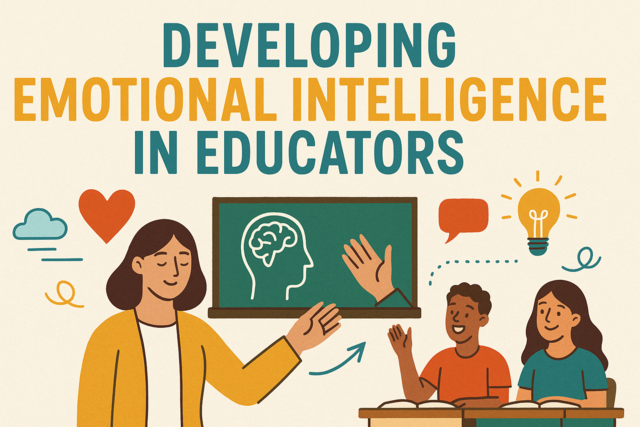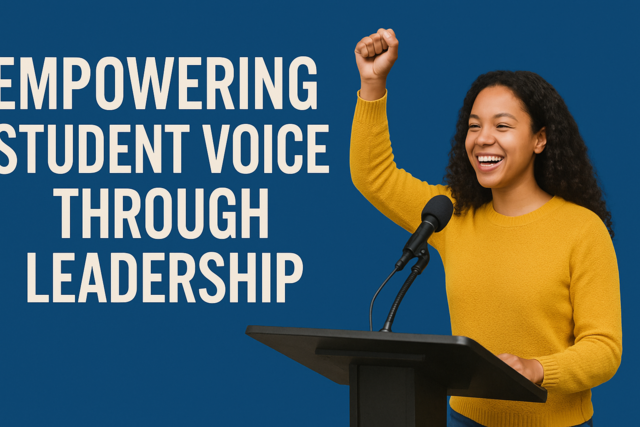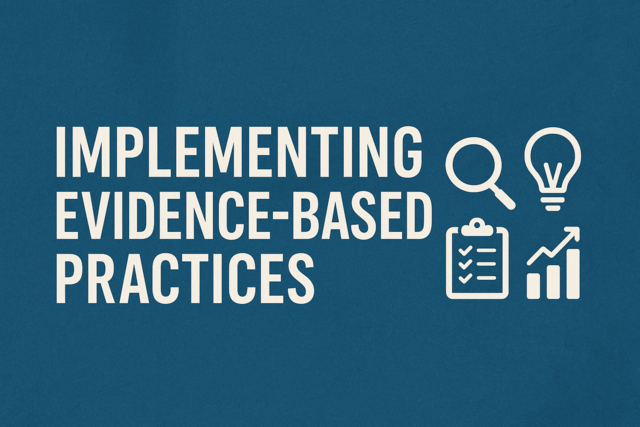Online Class: Innovative Curriculum Design for the 21st Century

no certificate
with CEU Certificate*
-
15Lessons
-
22Exams &
Assignments -
4Hours
average time -
0.4CEUs
Course Description
Imagine a classroom where students are not just participants but explorers, where every lesson ignites curiosity and develops skills that transcend rote memorization. In a world constantly evolving at the intersection of technology, culture, and knowledge, the demand for innovative educators who can design transformative learning experiences is more pressing than ever. Welcome to your gateway to becoming one of those pioneering educators—our "Innovative Curriculum Design for the 21st Century" course.
This isn't just a course; it's your launchpad into educational excellence. Set in a digitally powered and interconnected global landscape, this program instills you with the vision and tools to craft curricula that resonate with diversity, foster creativity, and prepare students for the multifaceted challenges of the modern world.
From the moment you enroll, you step into a vibrant learning community, with each lesson designed not just to inform but to inspire and challenge. Imagine mastering curriculum mapping that tailors learning experiences to the needs of diverse learners. Picture yourself seamlessly integrating cutting-edge technology with educational frameworks, positioning yourself as a leader in digital learning environments. Visualize implementing dynamic, project-based learning experiences that cultivate critical thinking and problem-solving, hallmarks of 21st-century education.
Global competence and cultural responsiveness are at the heart of our curriculum philosophy. As a participant, you will cultivate the skills to design learning experiences that empower students to thrive in an increasingly globalized world. The rich tapestry of modules equips you with the ability to build interdisciplinary curricula, ensuring holistic education and anchoring your students in a reality that appreciates complexity and unity.
You will discover the transformative power of fostering creativity and innovation within curriculum planning. Each lesson is an opportunity to unravel new strategies, evaluate innovative approaches, and develop personalized learning paths. With sustainability at the forefront, glean insights into creating green and adaptive curricula, embracing not just the future of education, but the future of our planet.
In the realm where STEM expands into STEAM, you will be ready to cultivate the future architects, scientists, and creators of tomorrow. Tools like data analytics will no longer be just statistics; they will become your compass for informed curriculum enhancements, leading to environments where each decision is more precise, effective, and meaningful.
The beauty of this course lies in its adaptability and personal touch. You'll not only acquire knowledge but will transform how you conceptualize learning, catering curricula that prioritize social-emotional learning and problem-solving. With design thinking interwoven into your educational ethos, you'll emerge with a curriculum blueprint that inspires, engages, and prepares students for real-world readiness.
Throughout this journey, expect an exceptional blend of expert-led insights, community collaborations, and innovative instructional design processes. Our course fosters an environment that champions your vision and creativity, supported by a network of educators equally passionate about making significant educational advancements.
By joining us, you are selecting more than a course; you're committing to a movement. It's a movement toward revolutionizing education by emphasizing the potential of every student. It's about rewriting narratives, building futures, and embracing educational innovation not just as an ideal but as a practice. There's a leader in you waiting to redefine learning—let this be the moment you embrace it.
Embrace the power to transform educational landscapes and unlock boundless possibilities with "Innovative Curriculum Design for the 21st Century." Your future students don't just need lessons; they need pioneers. Take the leap into educational leadership today, and join the community of changemakers crafting the future of learning. Enroll now, and let your journey as an innovative educator begin.
- Completely Online
- Self-Paced
- 6 Months to Complete
- 24/7 Availability
- Start Anytime
- PC & Mac Compatible
- Android & iOS Friendly
- Accredited CEUs

Course Lessons
Lesson 1. Engaging Stakeholders for Holistic Curriculum Development
Harnessing technology and ongoing teacher development are pivotal in adapting differentiated instruction, enhancing engagement and performance. Combined with supportive school cultures and curriculum stakeholder collaboration, these strategies ensure education remains relevant and inclusive.Lesson 2. Building 21st-Century Skills through Technology
Exploring the realms of coding and robotics, the lesson reveals how these disciplines enhance creativity and problem-solving by enabling students to connect abstract concepts to hands-on applications across various subjects. Collaboration and a growth mindset are emphasized, preparing students for the future by developing essential skills in a technologically evolving world.#Lesson 3. Crafting Tomorrow's Innovators Through PBL
In contrast to traditional teaching methods, Project-Based Learning offers a dynamic educational framework where students tackle authentic tasks that integrate multiple disciplines, from engineering and social studies to art and science. This approach encourages student autonomy, deepens engagement, and cultivates skills essential for thriving in multifaceted professional and social environments.Lesson 4. Educating for Complexity: Curriculum Strategies for Future Leaders
Metacognitive skills underpin both critical thinking and problem-solving, empowering students to monitor, assess, and adapt their cognitive strategies. Encouraging reflection and strategic thinking helps learners improve their academic performance and transfer skills across various contexts, crucial for lifelong learning.Lesson 5. Rethinking Curriculum: Embracing Global Competence
Global competence equips students to address local and global issues through intercultural understanding, empathy, and effective communication. By integrating diverse perspectives across curricula, students can become informed global citizens adept at solving complex challenges.Lesson 6. Holistic Education: Interweaving Disciplines for a Transformative Learning Journey
In the context of interdisciplinary education, curricula that blend STEM with Humanities contribute significantly to cognitive development and ethical understanding. This approach prepares students to apply diverse skills to real-world situations, enhancing both their academic growth and employability.Lesson 7. Empathy through Education: Designing for Diversity
Implementing culturally attuned teaching strategies demands adaptive, tailored content, respecting students' unique cultural contexts. Through collaborative projects and exposure to global perspectives, students develop critical insight and adaptability, essential for thriving in an interconnected, multicultural world.Lesson 8. Assessing Curriculum Innovation: A Deep Dive into KPIs
In a world where education constantly evolves, innovative curricular design ensures students develop skills to face modern challenges. Key Performance Indicators (KPIs) are vital for assessing and refining these curricula, focusing on student engagement, skill development, and technological integration.Lesson 9. From Theory to Practice: Experiential Learning and Real-World Application
Real-world applications of cross-disciplinary learning involve community-based projects, like creating digital history apps or designing eco-friendly initiatives, enhancing student engagement and societal accountability. By prioritizing curiosity and exploration, educators can create supportive environments that empower students to pursue independent inquiries and develop entrepreneurial skills.Lesson 10. Social-Emotional Learning: Building Skills for Life
Cross-disciplinary approaches to SEL demonstrate how core competencies can enhance learning in subjects like history, literature, and science, while also teaching students vital life skills. Through activities like reflective essays or group projects, students connect emotional intelligence with academic content, driving self-awareness and emotional literacy.Lesson 11. Shaping Tomorrow: Sustainability in Modern Education
Education's sustainable transformation combines digital adaptation and environmental ethics, ensuring students' readiness for a tech-driven, ecologically-focused future. Embracing e-learning and green methodologies enables institutions to model sustainability, nurturing students as empathetic, resilient leaders.Lesson 12. From AI to Z: Preparing for a Personalized Education Future
Adaptive learning technologies are revolutionizing education by tailoring instructional content and assessments to each student's unique needs, much like AI's transformative influence in other sectors. This personalized approach, driven by data and machine learning, enhances educational outcomes, aligning learning paths with individual progress and interests.Lesson 13. Preparing Students for Unseen Challenges: The Role of STEM and STEAM
The integration of arts into STEM curricula, forming STEAM, broadens educational horizons, merging creativity with scientific exploration. Students, through activities like sculpting DNA models or climate change storytelling, embrace a rounded approach to knowledge and innovation.Lesson 14. Innovative Curriculum with Design Thinking
Prototyping turns creative educational ideas into tangible solutions, allowing real-world testing and feedback collection. These iterative processes ensure that curricula evolve to suit varying learner needs, creating a robust educational ecosystem.Lesson 15. Leveraging Analytics: Beyond Traditional Education Models
Interviews and focus groups offer depth to curriculum evaluation, uncovering nuanced perspectives that surveys might miss, thereby ensuring a well-rounded understanding for future adjustments. These qualitative methods engage various stakeholders, promoting collaborative dialogue to enhance curriculum design and meet diverse educational needs.
Learning Outcomes
- Define the concept of differentiated instruction by identifying at least three key characteristics that distinguish it from traditional teaching methods.
- Demonstrate the application of differentiated instruction by creating a personalized lesson plan that accommodates different learning styles and interests.
- Demonstrate the ability to use AR and VR technologies to create immersive learning experiences, fostering critical thinking and problem-solving skills among students.
- Identify the potential applications of augmented reality (AR) and virtual reality (VR) in various educational settings and describe the benefits for diverse learning styles.
- Define the core principles of Project-Based Learning and explain how they differ from traditional teaching methodologies.
- Demonstrate the ability to design and implement a Project-Based Learning activity that addresses a real-world problem, fostering interdisciplinary collaboration and critical thinking.
- Define critical thinking by identifying and evaluating key components necessary for analyzing real-world problems in an educational setting.
- Demonstrate problem-solving skills by developing research-based, innovative solutions to complex, interdisciplinary scenarios encountered in a classroom environment.
- Demonstrate intercultural communication skills by participating in discussions that explore diverse perspectives on global issues and propose inclusive solutions.
- Recognize and explain the key dimensions of global competence, including knowledge, skills, values, and attitudes, by analyzing real-world examples.
- Demonstrate critical thinking and problem-solving skills through engagement with interdisciplinary projects that synthesize methods and perspectives from diverse fields.
- Recognize the integration of multiple academic disciplines to address complex global challenges by analyzing real-world examples of interdisciplinary pedagogy.
- Identify and explain three benefits of incorporating diverse cultural perspectives into curriculum design, including how it enhances students’ academic performance and social empathy.
- Demonstrate mastery of lesson content at levels of 70% or higher.
Additional Course Information

- Document Your Lifelong Learning Achievements
- Earn an Official Certificate Documenting Course Hours and CEUs
- Verify Your Certificate with a Unique Serial Number Online
- View and Share Your Certificate Online or Download/Print as PDF
- Display Your Certificate on Your Resume and Promote Your Achievements Using Social Media

Choose Your Subscription Plan
No Certificate / No CEUs
This course only
| Includes certificate | X |
| Includes CEUs | X |
| Self-paced |

|
| Instructor support |

|
| Time to complete | 6 months |
| No. of courses | 1 course |
Certificate & CEUs
This course only
| Includes certificate |

|
| Includes CEUs |

|
| Self-paced |

|
| Instructor support |

|
| Time to complete | 6 months |
| No. of courses | 1 course |
Certificates & CEUs
Includes all 600+ courses
| Includes certificate |

|
| Includes CEUs |

|
| Self-paced |

|
| Instructor support |

|
| Time to complete | 12 Months |
| No. of courses | 600+ |
Certificates & CEUs
Includes all 600+ courses
| Includes certificate |

|
| Includes CEUs |

|
| Self-paced |

|
| Instructor support |

|
| Time to complete | 24 Months |
| No. of courses | 600+ |
Related Courses
-
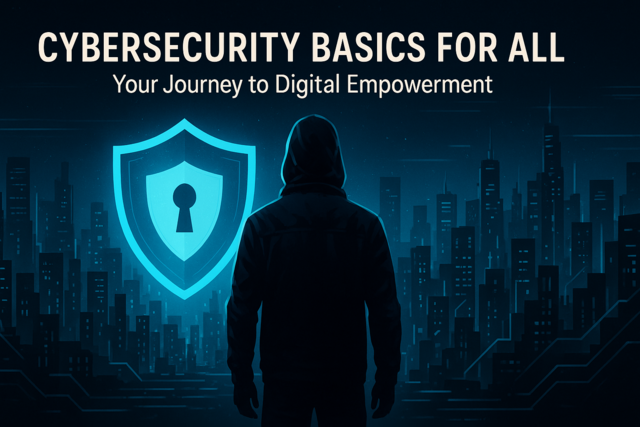 3 hours
0.3 CEUs
Cybersecurity Basics for All
+ More Info
3 hours
0.3 CEUs
Cybersecurity Basics for All
+ More Info
-
 6 hours
0.6 CEUs
Timeless Aesthetics: Navigating Luxury Brand Evolution
+ More Info
6 hours
0.6 CEUs
Timeless Aesthetics: Navigating Luxury Brand Evolution
+ More Info
-
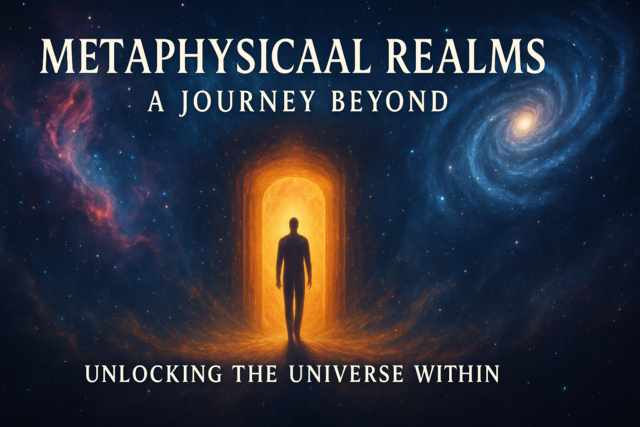 5 hours
0.5 CEUs
Metaphysical Realms: A Journey Beyond
+ More Info
5 hours
0.5 CEUs
Metaphysical Realms: A Journey Beyond
+ More Info
-
 4 hours
0.4 CEUs
Accident Investigation Techniques
+ More Info
4 hours
0.4 CEUs
Accident Investigation Techniques
+ More Info
-
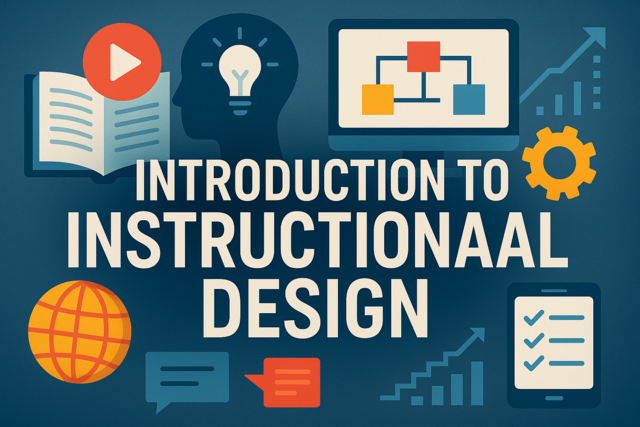 7 hours
0.7 CEUs
Introduction to Instructional Design
+ More Info
7 hours
0.7 CEUs
Introduction to Instructional Design
+ More Info
-
 4 hours
0.4 CEUs
Preparing for a Career Change
+ More Info
4 hours
0.4 CEUs
Preparing for a Career Change
+ More Info
-
 5 hours
0.5 CEUs
Boosting Productivity with Effective Email Management
+ More Info
5 hours
0.5 CEUs
Boosting Productivity with Effective Email Management
+ More Info
-
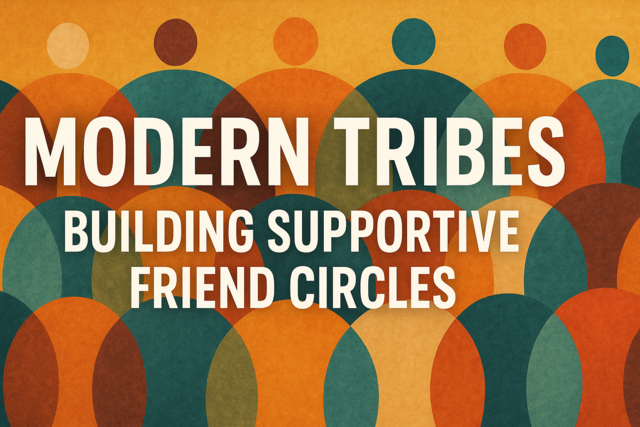 6 hours
0.6 CEUs
Modern Tribes: Building Supportive Friend Circles
+ More Info
6 hours
0.6 CEUs
Modern Tribes: Building Supportive Friend Circles
+ More Info
-
 6 hours
0.6 CEUs
Beyond Glamour: Women's Luxury Fashion Unveiled
+ More Info
6 hours
0.6 CEUs
Beyond Glamour: Women's Luxury Fashion Unveiled
+ More Info
-
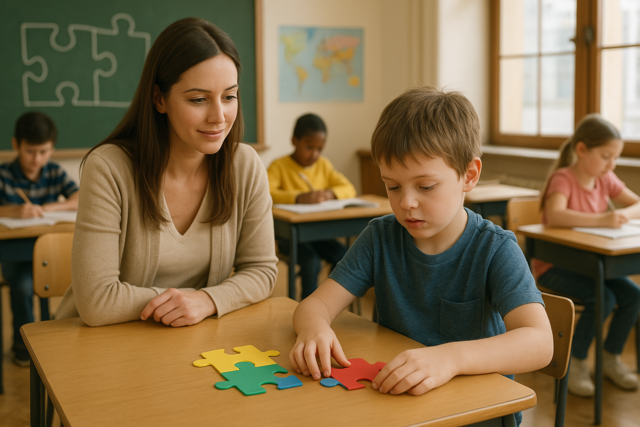 3 hours
0.3 CEUs
Understanding Autism Spectrum Disorders in the Classroom
+ More Info
3 hours
0.3 CEUs
Understanding Autism Spectrum Disorders in the Classroom
+ More Info
-
 4 hours
0.4 CEUs
The Use of Analytics in Education
+ More Info
4 hours
0.4 CEUs
The Use of Analytics in Education
+ More Info
-
 6 hours
0.6 CEUs
The Influence Index: How Environment Shapes Relationships
+ More Info
6 hours
0.6 CEUs
The Influence Index: How Environment Shapes Relationships
+ More Info
-
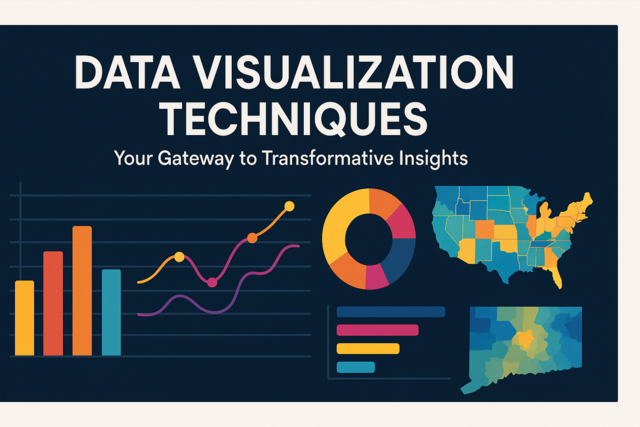 5 hours
0.5 CEUs
Data Visualization Techniques
+ More Info
5 hours
0.5 CEUs
Data Visualization Techniques
+ More Info
-
 5 hours
0.5 CEUs
Contemporary Luxury: Redefining Modern Fashion
+ More Info
5 hours
0.5 CEUs
Contemporary Luxury: Redefining Modern Fashion
+ More Info
-
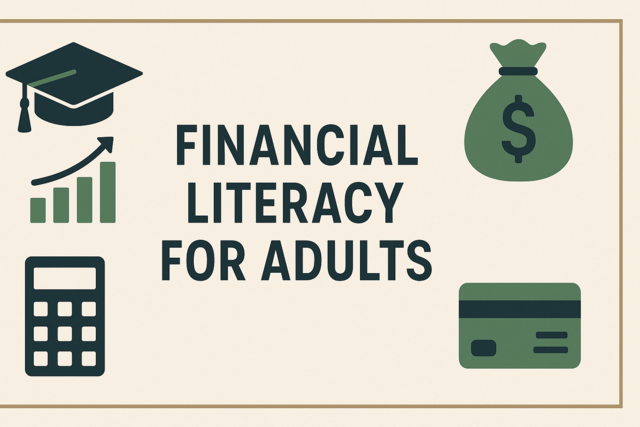 3 hours
0.3 CEUs
Financial Literacy for Adults
+ More Info
3 hours
0.3 CEUs
Financial Literacy for Adults
+ More Info
-
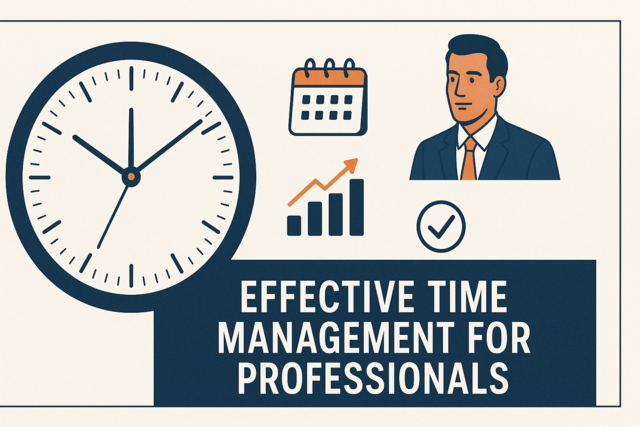 7 hours
0.7 CEUs
Effective Time Management for Professionals
+ More Info
7 hours
0.7 CEUs
Effective Time Management for Professionals
+ More Info
-
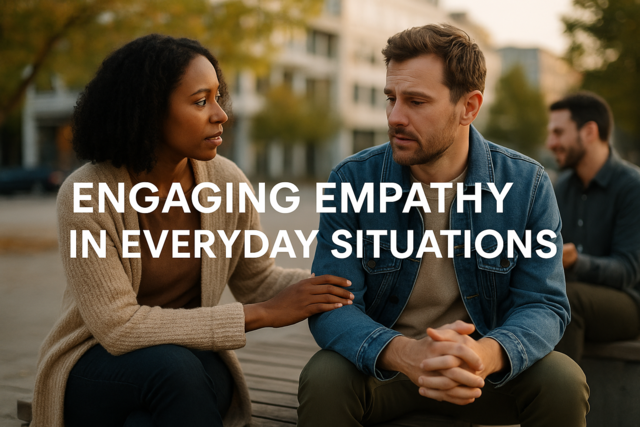 7 hours
0.7 CEUs
Engaging Empathy in Everyday Situations
+ More Info
7 hours
0.7 CEUs
Engaging Empathy in Everyday Situations
+ More Info
-
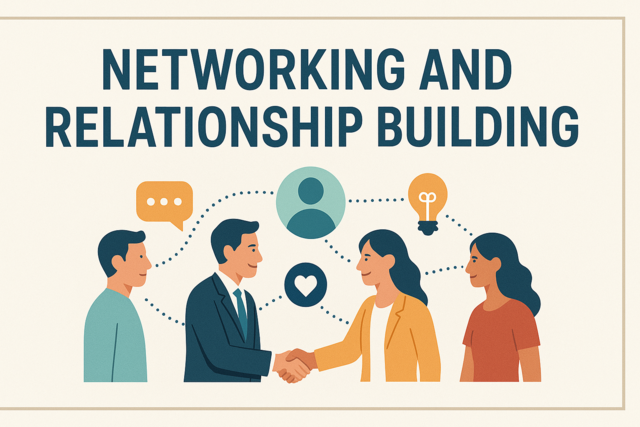 3 hours
0.3 CEUs
Networking and Relationship Building
+ More Info
3 hours
0.3 CEUs
Networking and Relationship Building
+ More Info
-
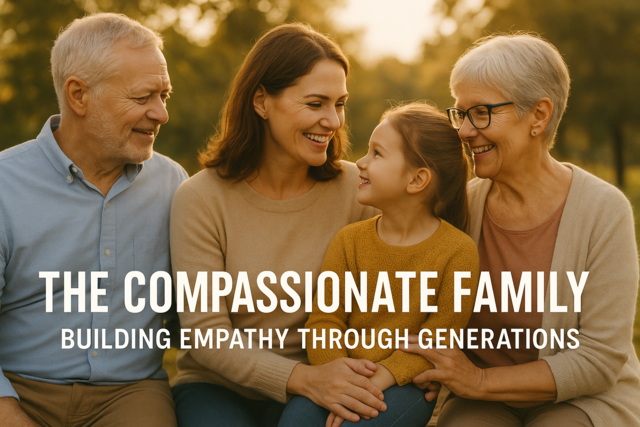 5 hours
0.5 CEUs
The Compassionate Family: Building Empathy Through Generations
+ More Info
5 hours
0.5 CEUs
The Compassionate Family: Building Empathy Through Generations
+ More Info
-
 4 hours
0.4 CEUs
Enhancing Student Engagement and Motivation
+ More Info
4 hours
0.4 CEUs
Enhancing Student Engagement and Motivation
+ More Info
-
 6 hours
0.6 CEUs
Fashion Forward: Trendsetting in the Modern Era
+ More Info
6 hours
0.6 CEUs
Fashion Forward: Trendsetting in the Modern Era
+ More Info
-
 3 hours
0.3 CEUs
Sound Therapy and Vibrational Healing
+ More Info
3 hours
0.3 CEUs
Sound Therapy and Vibrational Healing
+ More Info
-
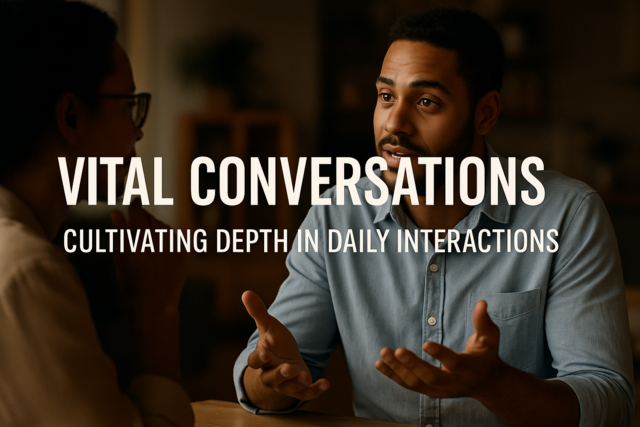 4 hours
0.4 CEUs
Vital Conversations: Cultivating Depth in Daily Interactions
+ More Info
4 hours
0.4 CEUs
Vital Conversations: Cultivating Depth in Daily Interactions
+ More Info
-
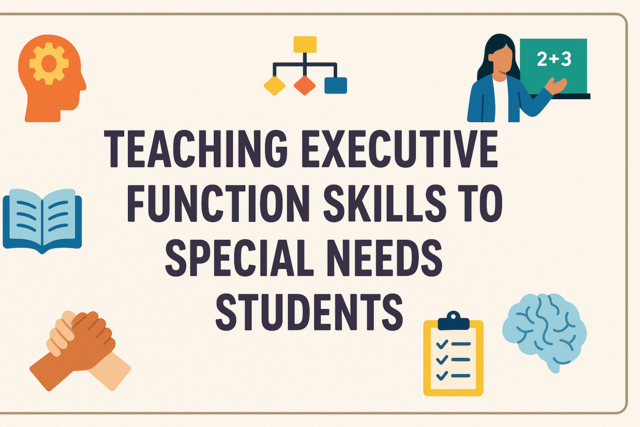 3 hours
0.3 CEUs
Teaching Executive Function Skills to Special Needs Students
+ More Info
3 hours
0.3 CEUs
Teaching Executive Function Skills to Special Needs Students
+ More Info
-
 5 hours
0.5 CEUs
Advanced Feng Shui Techniques
+ More Info
5 hours
0.5 CEUs
Advanced Feng Shui Techniques
+ More Info
-
 7 hours
0.7 CEUs
Vintage Visions: Integrating Past Styles in Modern Luxury
+ More Info
7 hours
0.7 CEUs
Vintage Visions: Integrating Past Styles in Modern Luxury
+ More Info
-
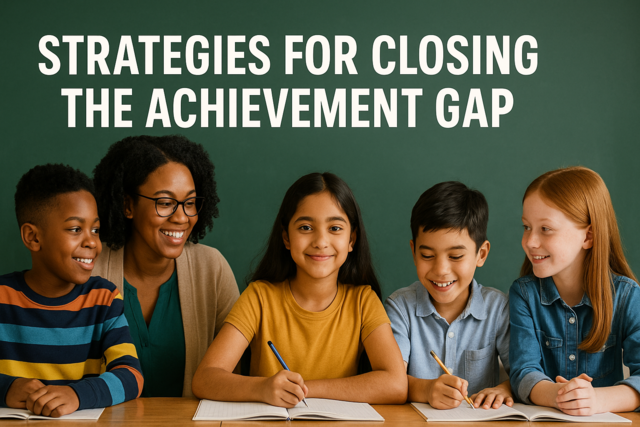 7 hours
0.7 CEUs
Strategies for Closing the Achievement Gap
+ More Info
7 hours
0.7 CEUs
Strategies for Closing the Achievement Gap
+ More Info
-
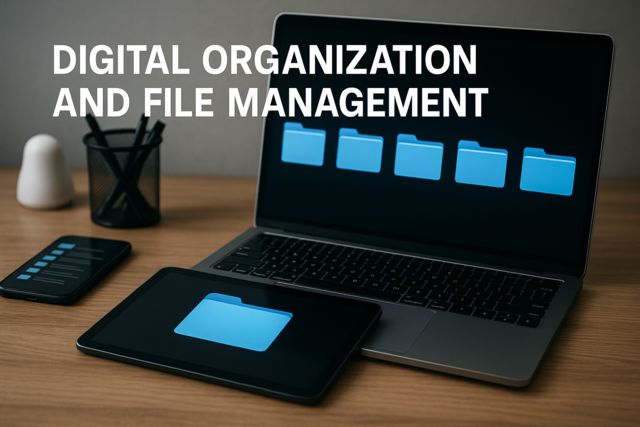 3 hours
0.3 CEUs
Digital Organization and File Management
+ More Info
3 hours
0.3 CEUs
Digital Organization and File Management
+ More Info
-
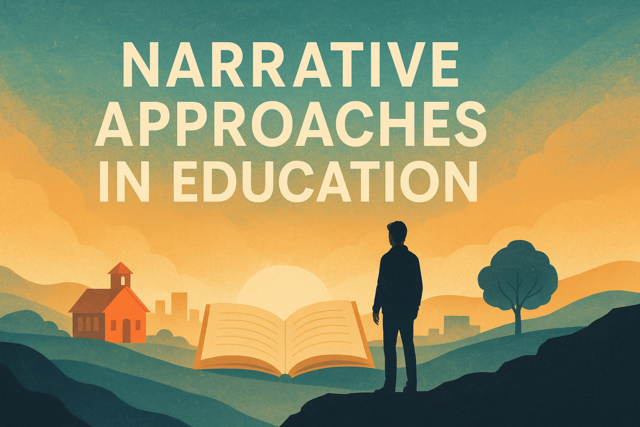 6 hours
0.6 CEUs
Narrative Approaches in Education
+ More Info
6 hours
0.6 CEUs
Narrative Approaches in Education
+ More Info
-
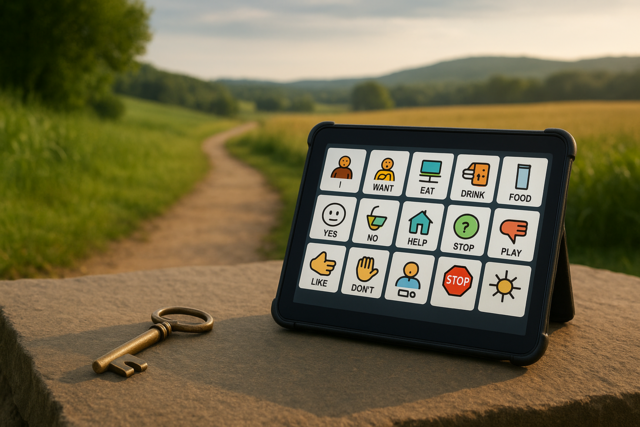 6 hours
0.6 CEUs
Assistive Communication Devices: Maximizing Potential
+ More Info
6 hours
0.6 CEUs
Assistive Communication Devices: Maximizing Potential
+ More Info
-
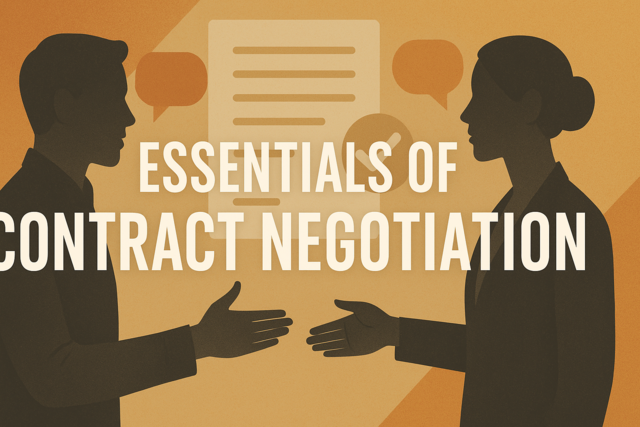 3 hours
0.3 CEUs
Essentials of Contract Negotiation
+ More Info
3 hours
0.3 CEUs
Essentials of Contract Negotiation
+ More Info
-
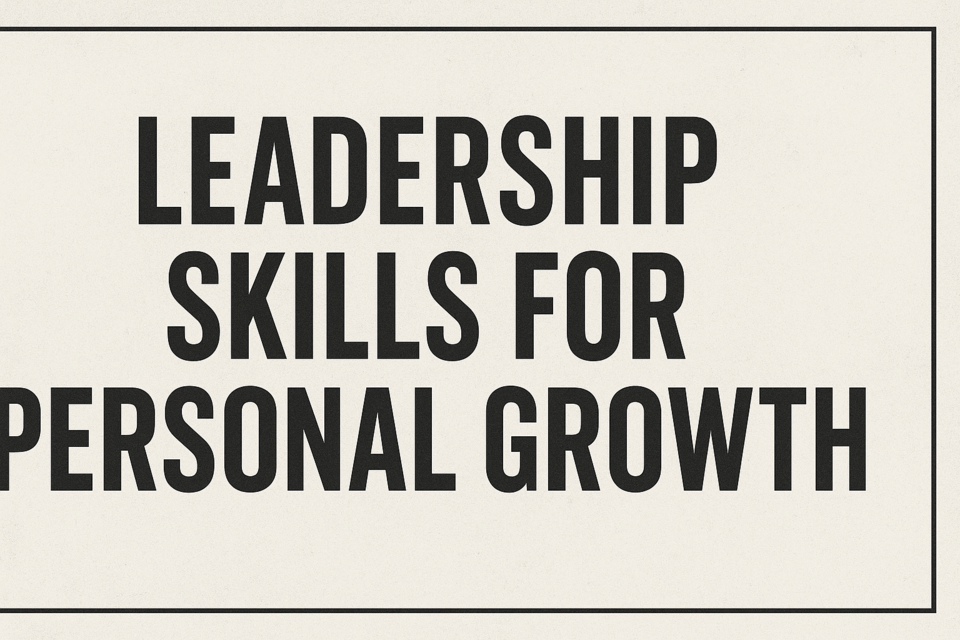 4 hours
0.4 CEUs
Leadership Skills for Personal Growth
+ More Info
4 hours
0.4 CEUs
Leadership Skills for Personal Growth
+ More Info
-
 4 hours
0.4 CEUs
Implementing Universal Design for Learning (UDL)
+ More Info
4 hours
0.4 CEUs
Implementing Universal Design for Learning (UDL)
+ More Info
-
 7 hours
0.7 CEUs
Style Sovereign: The Power of Personal Branding in Luxury Fashion
+ More Info
7 hours
0.7 CEUs
Style Sovereign: The Power of Personal Branding in Luxury Fashion
+ More Info
-
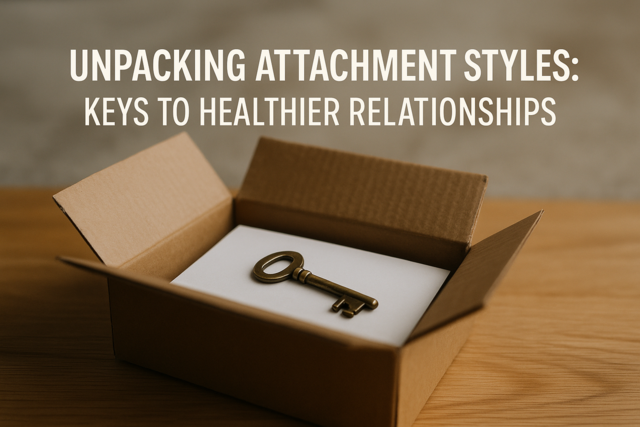 3 hours
0.3 CEUs
Unpacking Attachment Styles: Keys to Healthier Relationships
+ More Info
3 hours
0.3 CEUs
Unpacking Attachment Styles: Keys to Healthier Relationships
+ More Info
-
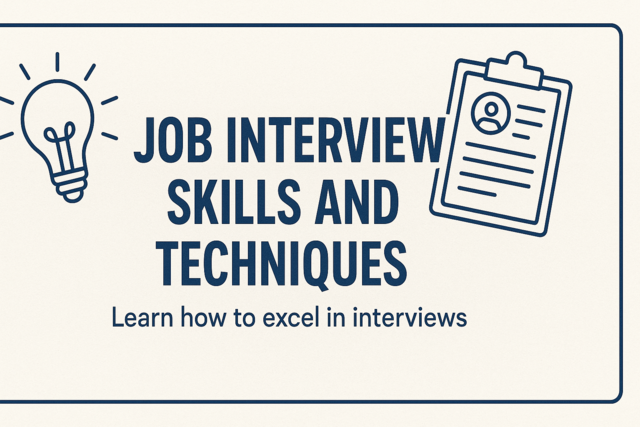 4 hours
0.4 CEUs
Job Interview Skills and Techniques
+ More Info
4 hours
0.4 CEUs
Job Interview Skills and Techniques
+ More Info
-
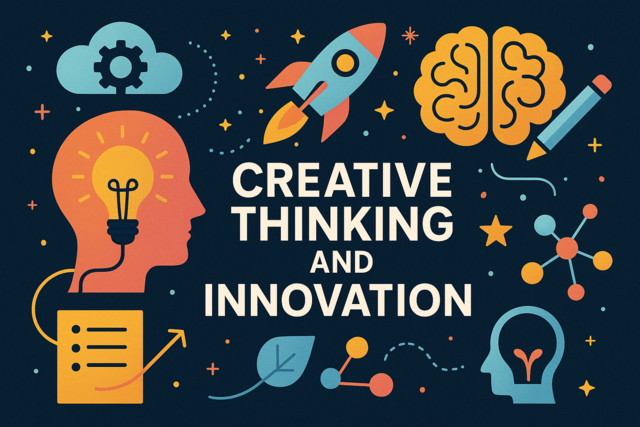 4 hours
0.4 CEUs
Creative Thinking and Innovation
+ More Info
4 hours
0.4 CEUs
Creative Thinking and Innovation
+ More Info
-
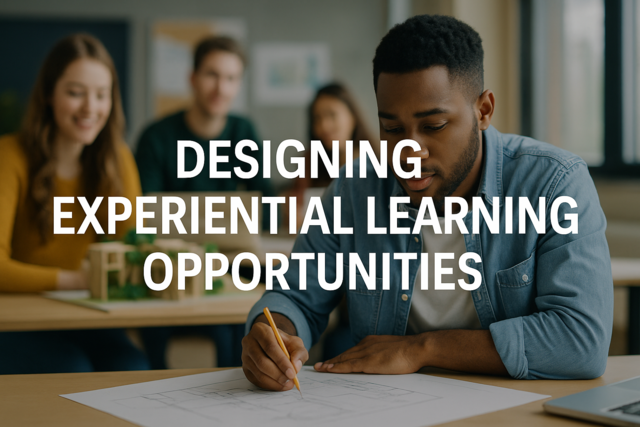 4 hours
0.4 CEUs
Designing Experiential Learning Opportunities
+ More Info
4 hours
0.4 CEUs
Designing Experiential Learning Opportunities
+ More Info
-
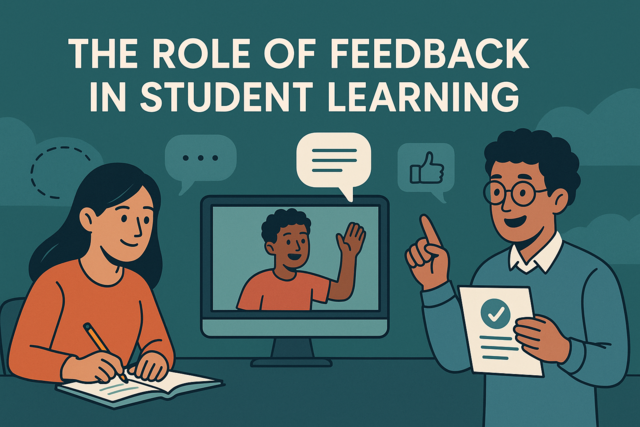 4 hours
0.4 CEUs
The Role of Feedback in Student Learning
+ More Info
4 hours
0.4 CEUs
The Role of Feedback in Student Learning
+ More Info
-
 6 hours
0.6 CEUs
The Healing Power of Crystals
+ More Info
6 hours
0.6 CEUs
The Healing Power of Crystals
+ More Info


